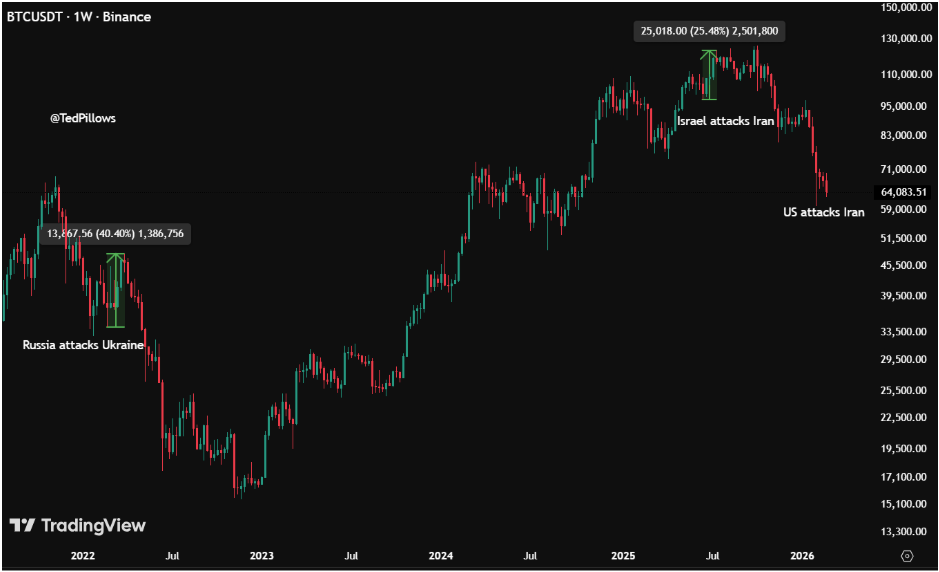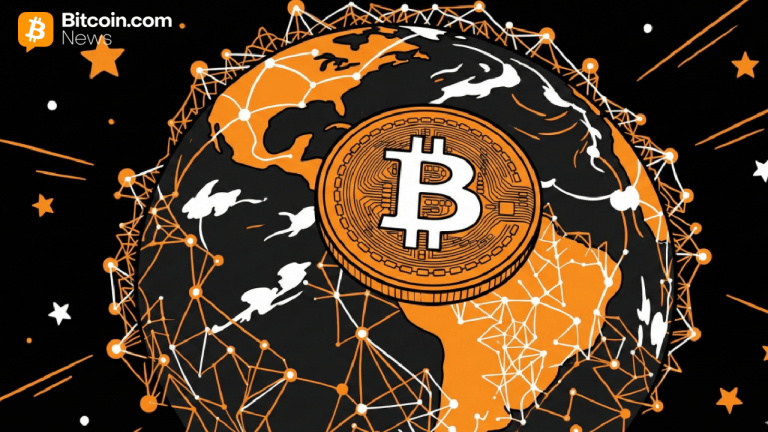<p>Traditional
banking has long been inaccessible to a large portion of the world's
population, leaving many people without access to basic financial services, such
as savings accounts, loans, and credit. </p><p>The rise of
digital currencies such as Bitcoin and Ethereum has the
potential to change this. In this article, we'll look at how digital currencies
can help to alleviate financial exclusion and open up new opportunities for the
unbanked. </p><p>What Is
Financial Exclusion? </p><p>Financial
exclusion refers to the inability to obtain basic financial services and
products such as savings accounts, loans, and credit. According to the World
Bank, approximately 1.7 billion people worldwide lack access to formal
financial services and are thus excluded from the benefits of financial
inclusion. </p><p>The Digital
Divide and the Unbanked </p><p>The unbanked
are people who do not have access to formal financial services, and they are
frequently concentrated in developing countries where traditional banking
infrastructure does not exist. However, even in developed countries, many
people are underserved by the traditional banking system due to factors such as
credit history, income, and geographic location. </p><p>Because many
unbanked people do not have access to the internet or the digital devices
required to use digital financial services, the digital divide exacerbates the
problem of financial exclusion. </p><p>However, as
mobile phone ownership and internet access grow globally, the potential for
digital currencies to reach the unbanked grows. </p><p>Cryptocurrency
for the Unbanked </p><p>Digital
currencies have the potential to change the way people access and receive
financial services. Here are some ways that digital currencies can help to
alleviate financial exclusion: </p><p>Accessibility
</p><p>Anyone with an
internet connection, regardless of location or credit history, can use digital
currencies. This means that even those without access to traditional banking
infrastructure can send and receive money, make purchases, and access other
financial services using digital currencies. </p><p>Reduced
Transaction Fees </p><p>Transaction
fees for digital currencies are lower than those for traditional banking
services, making them more affordable for those with limited financial
resources. </p><p>This is
especially important for those who rely on remittances from family members who
live abroad, as traditional remittance services can be expensive and
time-consuming. </p><p>Decentralization
</p><p>Decentralized
digital currencies are those that are not controlled by a central authority or
government. This makes them more accessible to those who are unable to access
traditional banking systems due to political or economic insecurity. </p><p>Security </p><p>Digital
currencies are more secure than traditional financial services because they are
protected by advanced cryptography. This is especially important for those who
live in high-crime or politically unstable areas, as it provides a safe and
secure way to store and transfer money. </p><p>Financial
Independence </p><p>Digital currencies
can provide greater financial empowerment to the unbanked by giving them
control over their own finances. This is especially important for women and
marginalized groups who may be barred from traditional banking due to cultural
or social barriers. </p><p>Adoption's
Difficulties </p><p>While digital
currencies have the potential to alleviate financial exclusion, there are still
barriers to adoption that must be overcome. These are some examples: </p><p>Technical
expertise </p><p>Many unbanked
people may lack the technical knowledge needed to effectively use digital
currencies. This could include issues such as learning how to set up a digital
wallet, using a cryptocurrency exchange, and keeping their digital assets
secure. </p><p>Volatility </p><p>Because of
their volatility, digital currencies can be risky for those with limited
financial resources. While stablecoins, which are pegged to a stable asset like
the US dollar, can help to mitigate this risk, there is still a need for
education and awareness about the risks and benefits of using digital
currencies. </p><p>Regulatory
Setting </p><p>The regulatory
environment surrounding digital currencies is still evolving, and it is unclear
how governments will regulate their use. This can be a barrier to adoption for
both individuals and businesses, who may be wary of using digital currencies
due to regulatory uncertainty. </p><p>Infrastructure
</p><p>To function
properly, digital currencies require a strong technological infrastructure.
Access to high-speed internet and digital devices, which may not be available
in all areas, is included. Furthermore, secure, and dependable digital wallets
and cryptocurrency exchanges are required to facilitate the use of digital
currencies. </p><p>Can Digital Currencies Lead to Predatory Financial Inclusion?</p><p>Digital
currencies have been hailed as a tool for greater financial inclusion, offering
people who have been excluded from the traditional banking system access to new
financial opportunities. However, there are concerns that <a href="https://www.financemagnates.com/fintech/education-centre/banking-the-unbanked-with-cryptocurrency-risks-and-rewards/" target="_blank" rel="follow">the use of digital
currencies could lead to predatory financial inclusion</a> where people are
exploited and trapped in a cycle of debt and poverty.</p><p>Predatory
financial inclusion occurs when financial service providers, including those
offering digital currencies, target vulnerable populations with high-interest
loans or other financial products that are designed to trap them in a cycle of
debt. This can occur because the people who are targeted for these services
have limited options for borrowing money and may not fully understand the terms
of the loans they are taking out.</p><p>In some cases,
digital currencies may even be used to facilitate predatory financial
inclusion. For example, unscrupulous lenders may offer digital currency loans
that are marketed as a way for people to access quick cash without undergoing a
credit check or providing collateral. However, these loans often come with
exorbitant interest rates and fees that can make it nearly impossible for
borrowers to repay the debt, leading to further financial hardship.</p><p>Another concern
is that the use of digital currencies may not be subject to the same regulatory
oversight as traditional financial services. This could make it easier for
unscrupulous lenders to offer predatory financial products that prey on
vulnerable populations without being held accountable for their actions.</p><p>To mitigate
these risks, it is essential that digital currency providers and regulators
take steps to ensure that these services are used responsibly and do not
contribute to predatory financial inclusion. This could include implementing
regulations to limit the interest rates and fees that can be charged for
digital currency loans, requiring lenders to disclose the terms of their loans
in plain language, and providing financial education and support to help people
make informed decisions about their finances.</p><p>Conclusion </p><p>Digital
currencies have the potential to address the issue of financial exclusion by
giving those who are currently underserved by the traditional banking system
access to basic financial services and products. </p><p>While there are
some barriers to adoption, such as a lack of technical knowledge, volatility,
regulatory uncertainty, and infrastructure, these can be overcome through
education, awareness, and investment in technology and infrastructure. </p><p>As the world
becomes more digital, the potential for digital currencies to address financial
exclusion grows. </p><p>We can create a
more inclusive and equitable financial system that benefits everyone,
regardless of location, income, or credit history, by leveraging the benefits
of digital currencies. </p><p>The future of
finance is digital, and it is our responsibility to ensure that everyone can
reap the benefits of this new financial era.</p>
This article was written by Finance Magnates Staff at www.financemagnates.com.

You can get bonuses upto $100 FREE BONUS when you:
💰 Install these recommended apps:
💲 SocialGood - 100% Crypto Back on Everyday Shopping
💲 xPortal - The DeFi For The Next Billion
💲 CryptoTab Browser - Lightweight, fast, and ready to mine!
💰 Register on these recommended exchanges:
🟡 Binance🟡 Bitfinex🟡 Bitmart🟡 Bittrex🟡 Bitget
🟡 CoinEx🟡 Crypto.com🟡 Gate.io🟡 Huobi🟡 Kucoin.




















Comments